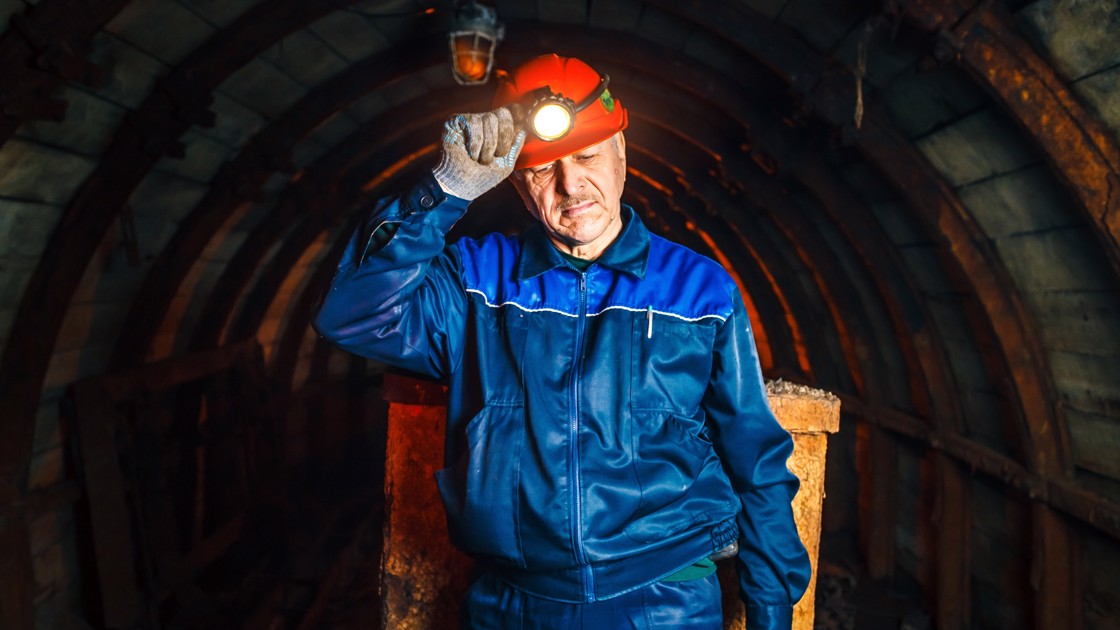What matters for workers is how we implement the Green Deal. While we won’t accept any worker or region losing out in this process, we must also look into securing future-proof sustainable employment opportunities and work towards a successful redefinition of carbon-intensive regions.
On Friday, 24 September, the Polish trade unions, NSZZ Soildarnosc SGIE, OPZZ ZZG w Polsce and Kadra signed an agreement with employers and the Polish government to start negotiations on the way ahead to phase out hard coal mining in Poland by 2049. The agreement prevented strike actions in the Silesia-Dabrowa region announced earlier in September by unions as a reaction to the Polish Energy Plan 2040.
According to the Polish unions the announced energy plan puts at risk hundreds of thousands of jobs in the mining, steel and other energy intensive industries, as well as in the automotive industry in the long-term. Indeed, Poland has the largest share of employees in the coal sector in Europe, employing around 82 000 workers and its industry is reliant on fossil energy. Hence, to organize the transition away from coal calls for a comprehensive plan for workers in the mining and industrial sectors ensuring a socially responsible transition.
The agreement announces the preparation of a social agreement by 15 December 2020 and the preparation of an agreement on the transformation of the Silesian Voivodeship which should start in October.
A crucial point of the agreement is the guarantee of jobs for every single worker in underground mines and coal processing plants until they reach retirement entitlements. As the agreement foresees a concrete schedule of mine closures up to 2049 work transfers will be organized and where this cannot be guaranteed the employee will have access to social protection in the form of:
a) mining leave for underground workers not exceeding 4 years,
b) leave for coal processing, not exceeding 3 years,
c) one-time severance pay.
While the agreement marks an important turn in the Polish energy debate, the implementation of the agreement will depend on the negotiations with the European Commission to allow for state aid to finance the continuation of activities in the hard coal sector until 2049 and to implement the social plan.
IndustriAll Europe is well aware of the difficult process the Polish mining sector and its workers will commence with this agreement. However, we underline the importance of the anticipation and proactive organisation of change in response to the imminent global threat of climate change and the impact of the COVID-19 pandemic. IndustriAll Europe is and will remain at the side of the Polish Trade Unions in ensuring that this process will embrace the principles of a Just Transition.
"There is no question that we need to act and achieve climate neutrality by 2050", said Judith Kirton-Darling, Deputy General Secretary of industriAll Europe, “but what matters for workers is how we implement the Green Deal. While we won’t accept any worker or region losing out in this process, we must also look into securing future-proof sustainable employment opportunities and work towards a successful redefinition of carbon-intensive regions.”
The current crisis offers important opportunities not too be missed. The announced Recovery Plan of the EU will be instrumental in shaping the future. While industriAll Europe regrets the Council’s decision to cut the means of the Just Transition Fund it acknowledges the fact that just transition planning has made its entrance in the European policy planning. The developments in Poland highlight once more the importance of involving the trade unions in the development, monitoring and evaluation of just transition planning.
Contact: Andrea Husen-Bradley (press and communication), Corinna Zierold (senior policy adviser)
